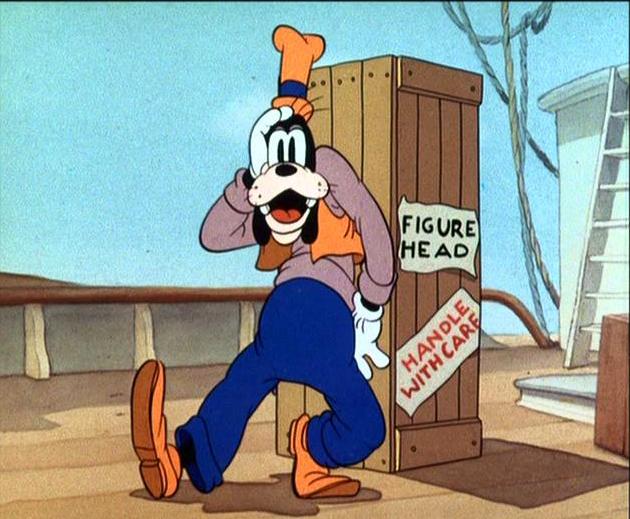

Second, you must be able to inhibit the initial mental representation. First, the punchline must create a different mental representation that conflicts with the one set up by the joke timing and laugh tracks help signal the listener that a different representation of the punchline is possible. There are at least two reasons that we sometimes don’t get the joke. In verbal jokes, the second schema is often activated at the end, in a punchline. “I know about cows” becomes “wait, cows should be the ones in the field, not people” becomes an appreciation of the humor in an implausible situation.įunny is the subjective experience that comes from the resolution of at least two incongruous schemas. By inhibiting the real-world representation (stage 3), we find the idea of cows driving through a countryside of grazing people funny.

But when we notice the cows are inside the car while human beings are in the pasture grazing, there are now two mental representations in our conscious mind: what our preexisting schema mentally represented about cows and what we imagined from the cartoon (stage 2). When we see or think of something, it activates the relevant schema Our body of knowledge on that particular topic immediately comes to mind.įor example, when we see cows in a Far Side cartoon, we activate our bovine schema (stage 1). Resolve the incongruity by inhibiting the literal, nonfunny interpretations and appreciating the meaning of the funny one.Īn individual’s knowledge is organized in mental memory structures called schemas. Mentally represent the set up of the joke.ĭetect an incongruity in its multiple interpretations. To be in on the joke you need to be able to: Cognitive psychologists favor a three-stage theory of humor. Understanding and creating humor require a sequence of mental operations. How do we comprehend, appreciate and produce humor? And humor activities or exercises result in increased feelings of emotional well-being and optimism.įor all these reasons, humor is now welcomed into mainstream experimental psychology as a desirable behavior or skill researchers want to understand. Appreciation of humor correlates with other strengths, too, such as wisdom and love of learning. Along with gratitude, hope and spirituality, a sense of humor belongs to the set of strengths positive psychologists call transcendence together they help us forge connections to the world and provide meaning to life. Positive psychology, a field that examines what people do well, notes that humor can be used to make others feel good, to gain intimacy or to help buffer stress. And psychologists tended to ignore it as worthy of study.īut research on humor has come into the sunlight of late, with humor now viewed as a character strength. As such, it was treated as an undesirable behavior to be avoided. In this view, an individual used humor to demean or disparage others, or to inflate one’s own self-worth. Historically, psychologists framed humor negatively, suggesting it demonstrated superiority, vulgarity, Freudian id conflict or a defense mechanism to hide one’s true feelings. But only in recent decades has experimental psychology respected it as an essential, fundamental human behavior. If it's truly maturity you think they're looking for, that will come with age and experience.Humor is observed in all cultures and at all ages.

No matter how much the zombies deserve to die (a lot). I become immature when I prioritize killing zombies over more important responsibilities. For example, I like playing computer games and killing zombies (omgzombiesyay!) but that doesn't make me immature. Lastly, mature isn't the right word, I think. Just like there are different men, there are different women so it's not hard to imagine that you'll find someone young at heart like you. Someone will come along who loves you and your personality. Will you be attracted to her? You may like her on the outside, but if she meshes well with your "mature" persona, and not with your true, "goofy" persona, I don't really think it'll turn out well in the long term. If ever you alter it, and manage to attract someone, she won't be attracted to you, will she? Will you be able to keep up that facade forever?ģ. It will be an emotional burden just like when an introspective person forces himself to be extremely outgoing for long periods of time. Forcibly altering your personality will get to you eventually. There's a difference between changing yourself and improving yourself.Īnyway, even if you do change yourself, I think you'll find that it's not worth it.ġ. "Don't change yourself for others" doesn't work when it's used by people making excuses for things like being overweight. And this is the type of situation it points to. You know when people say, "don't change yourself for others"? Well, it's true.


 0 kommentar(er)
0 kommentar(er)
